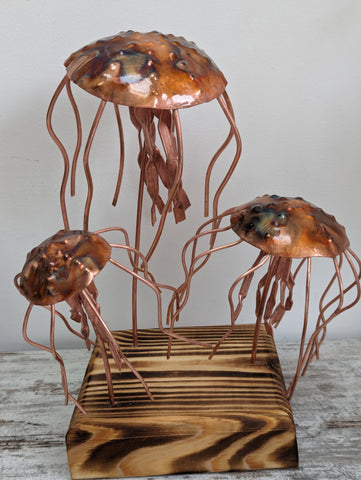
What is sculpture?
Sculpture is all around us, from the grand statues in museums to the intricate gargoyle perched on a cathedral. But what exactly is sculpture, and how has it captured our imaginations for millennia?
In essence, sculpture is the art of creating three-dimensional forms. Unlike paintings, which exist on a flat canvas, sculptures come alive in height, width, and depth. This artistic branch utilizes a vast array of materials, from the traditional marble and bronze to modern-day wood, metal, and even found objects.
Sculptors breathe life into their creations through various techniques. Carving involves removing material from a solid block, like Michelangelo's iconic David emerging from a piece of rough marble. Modeling, on the other hand, involves building up the form, like shaping clay into a whimsical creature. Casting allows for replication, taking a mold of a sculpture and reproducing it in another material. Finally, construction brings together various elements, like welding metal scraps into an abstract form.
The beauty of sculpture lies in its ability to tell stories, evoke emotions, and challenge our perspectives. From the realistic figures of ancient Greece to the abstract installations of modern times, sculptures have served countless purposes throughout history. They have immortalized heroes, commemorated events, adorned temples, and even challenged societal norms.
So, next time you encounter a sculpture, take a moment to appreciate it. Look beyond the surface and consider the creative vision that brought it to life. Sculpture is an art form waiting to be explored, offering a unique window into the human imagination.
Whether you visit a museum, stroll through a public garden, or simply admire a quirky piece in someone's home, there's a whole world of sculpture waiting to be discovered!

